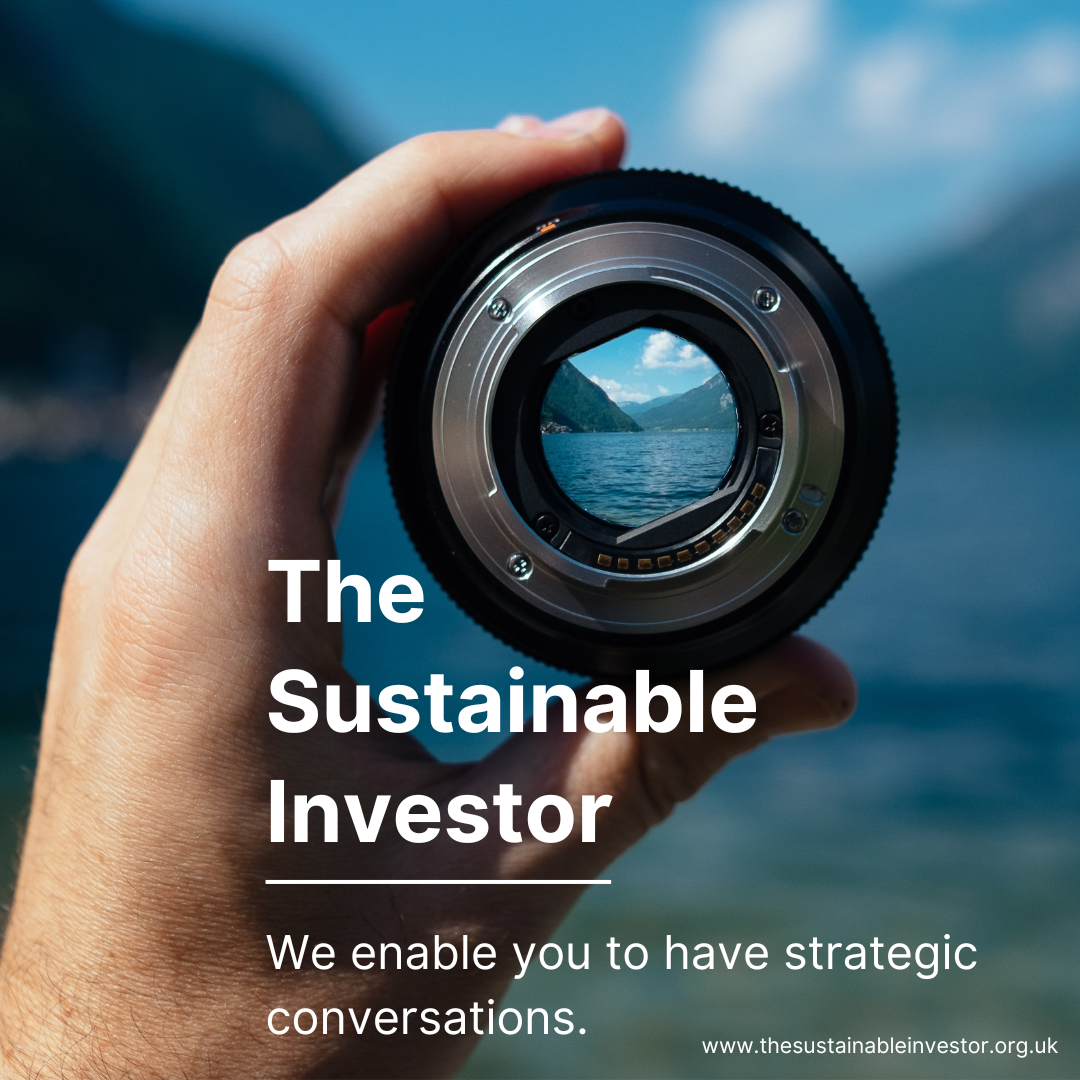
Moves to ban products made with forced labour
Avoiding human rights abuses in supply chains is increasingly important.
Summary: The European Commission recently proposed prohibiting products made with forced labour in the EU market with customs authorities identifying and stopping products at EU borders.
Why this is important: Clearly an important step in ensuring companies carry out effective due diligence on human rights issues.
The big theme: Avoiding human rights abuses in supply chains is becoming increasingly important. This is partly about addressing inequalities and related social issues such as poverty, lack of access to education, health and housing. But its increasingly becoming an economic and financial risk. Investors need to ensure that the companies they are involved with are taking the necessary measures to address exploitation in their supply chains.

The details
Summary of a story from European Law Monitor:
The European Commission has recently proposed to prohibit products made with forced labour on the EU market. The proposal covers all products, namely those made in the EU for domestic consumption and exports, and imported goods, without targeting specific companies or industries. This comprehensive approach is important because an estimated 27.6 million people are in forced labour, in many industries and in every continent.
The proposal builds on internationally agreed definitions and standards and underlines the importance of close cooperation with global partners. National authorities will be empowered to withdraw from the EU market products made with forced labour, following an investigation. EU customs authorities will identify and stop products made with forced labour at EU borders.
Let's take a look at why this is important...
Why this is important
This is clearly important as another step in ensuring that companies carry out effective due diligence on human rights issues. The proposal reinforces the requirement to make sure that reporting and monitoring is effective and that it is not a “tick-the-box” compliance issue, but a true and complete exercise which is seen as crucial by the companies.
For investors it is becoming riskier to invest in companies who do not “do their human rights homework”. The risk is that not only will imports into the EU be blocked but there will be "spill over" effects into countries where the production takes place. In this context it is opportune to recall that measures such as these do not require companies to pay wages equal to wages in Europe, but instead that living wages and standards around decent work must be observed within the context of where production take place.
Something a little more bespoke?
Get in touch if there is a particular topic you would like us to write on. Just for you.
Contact us
Please read: important legal stuff.

